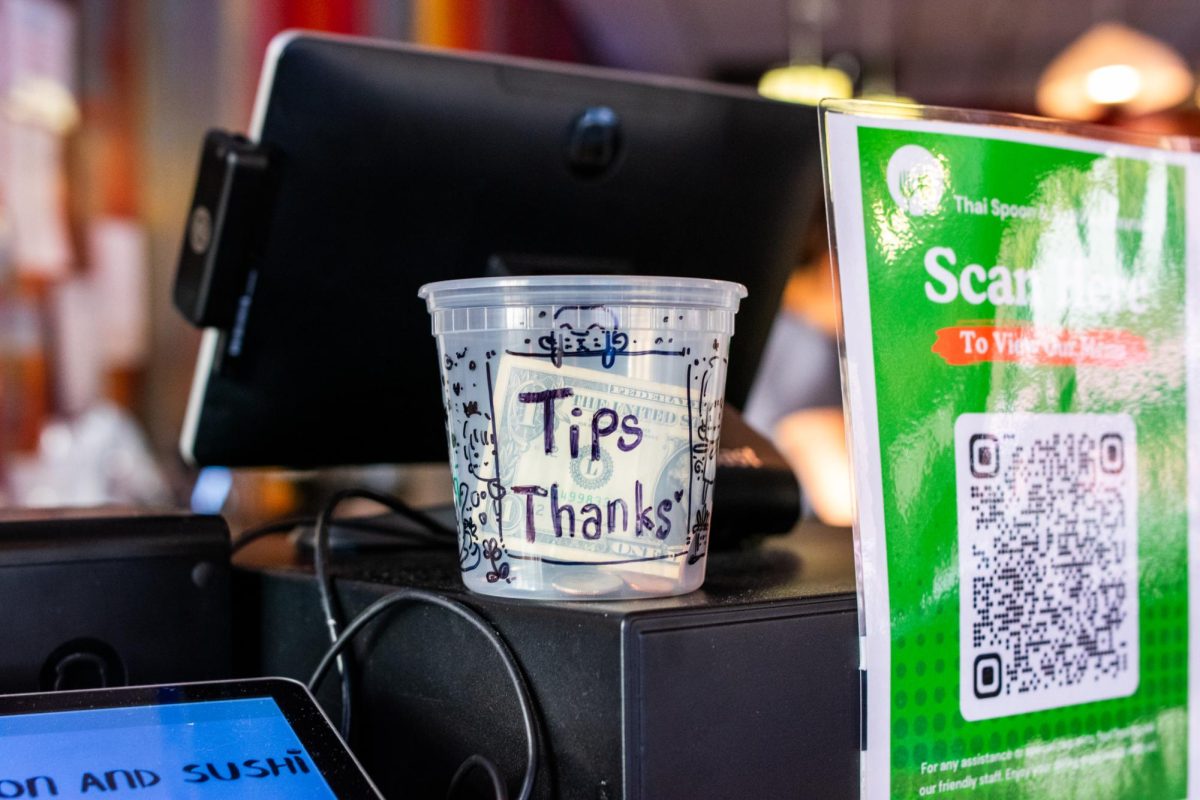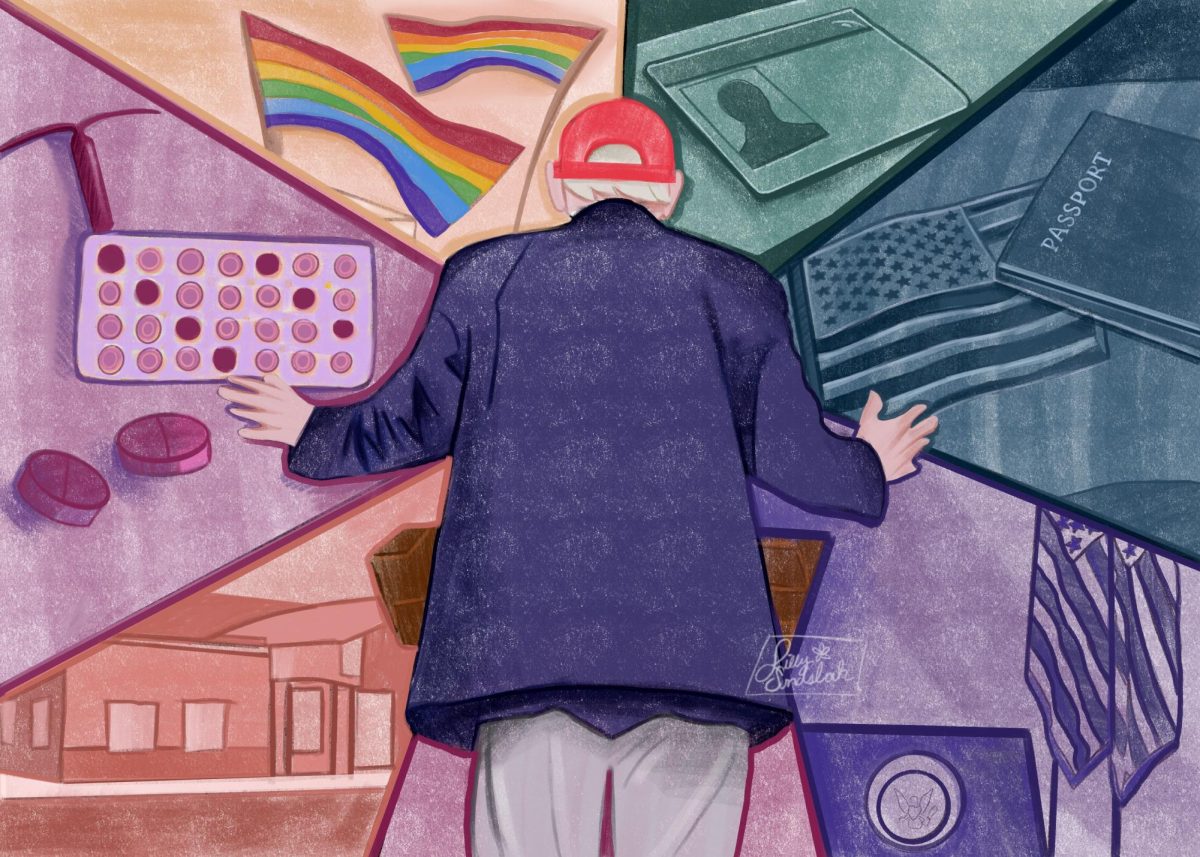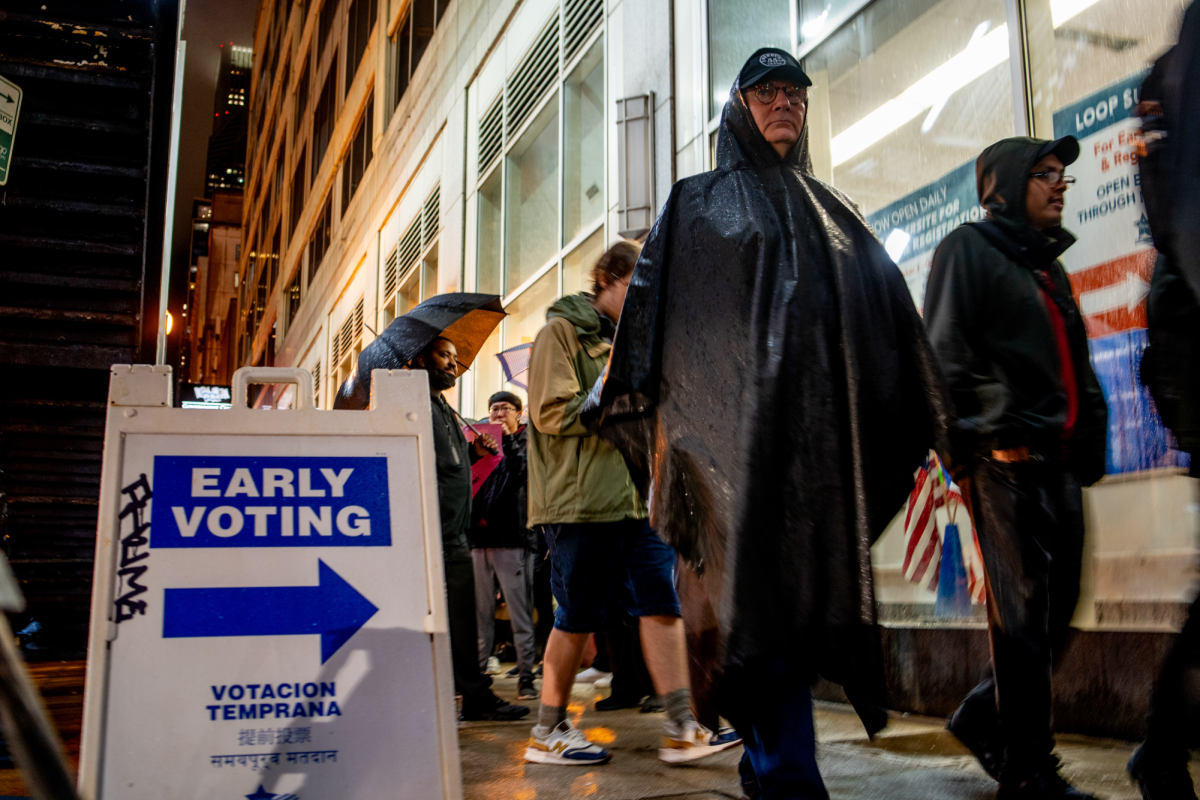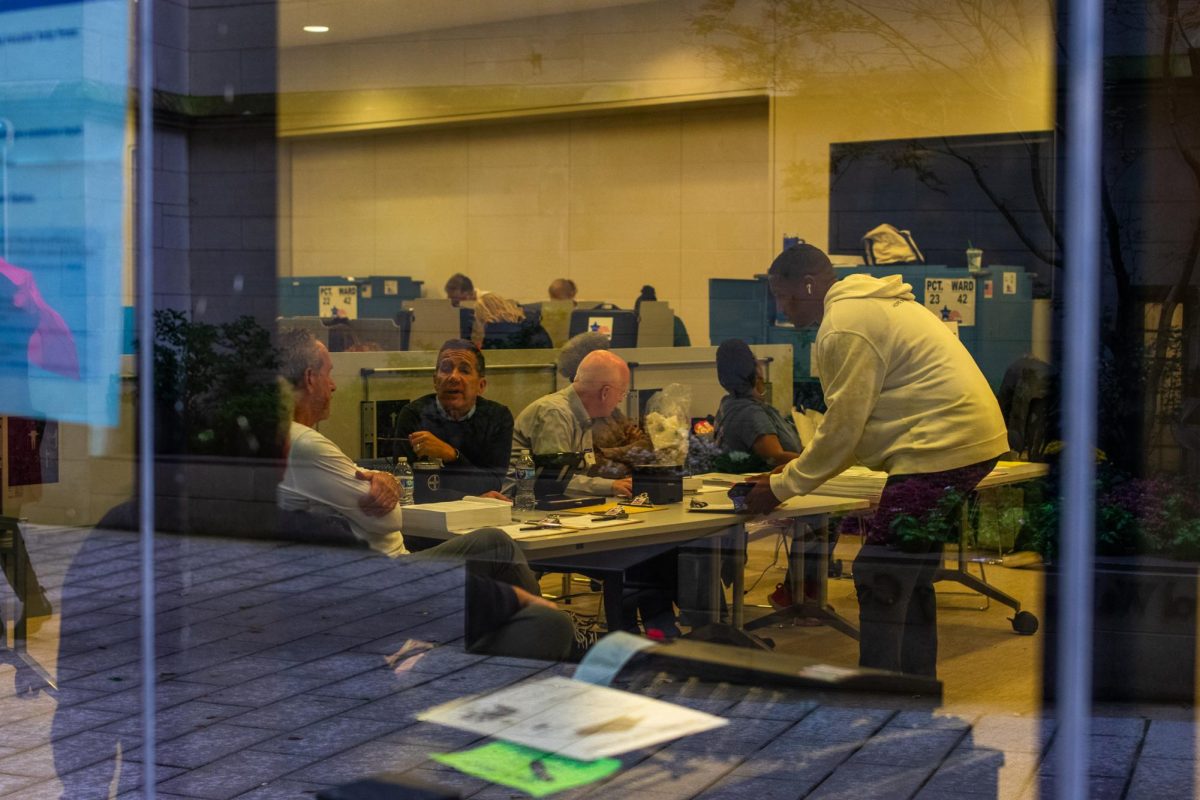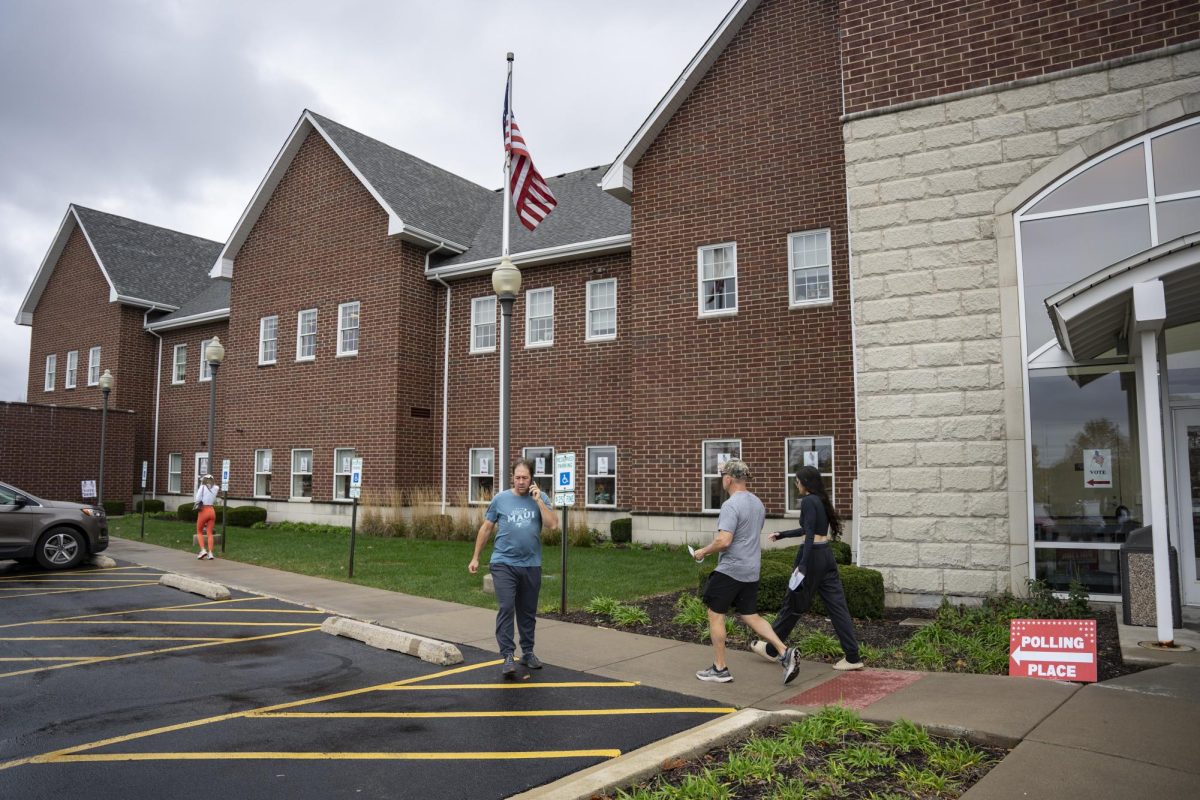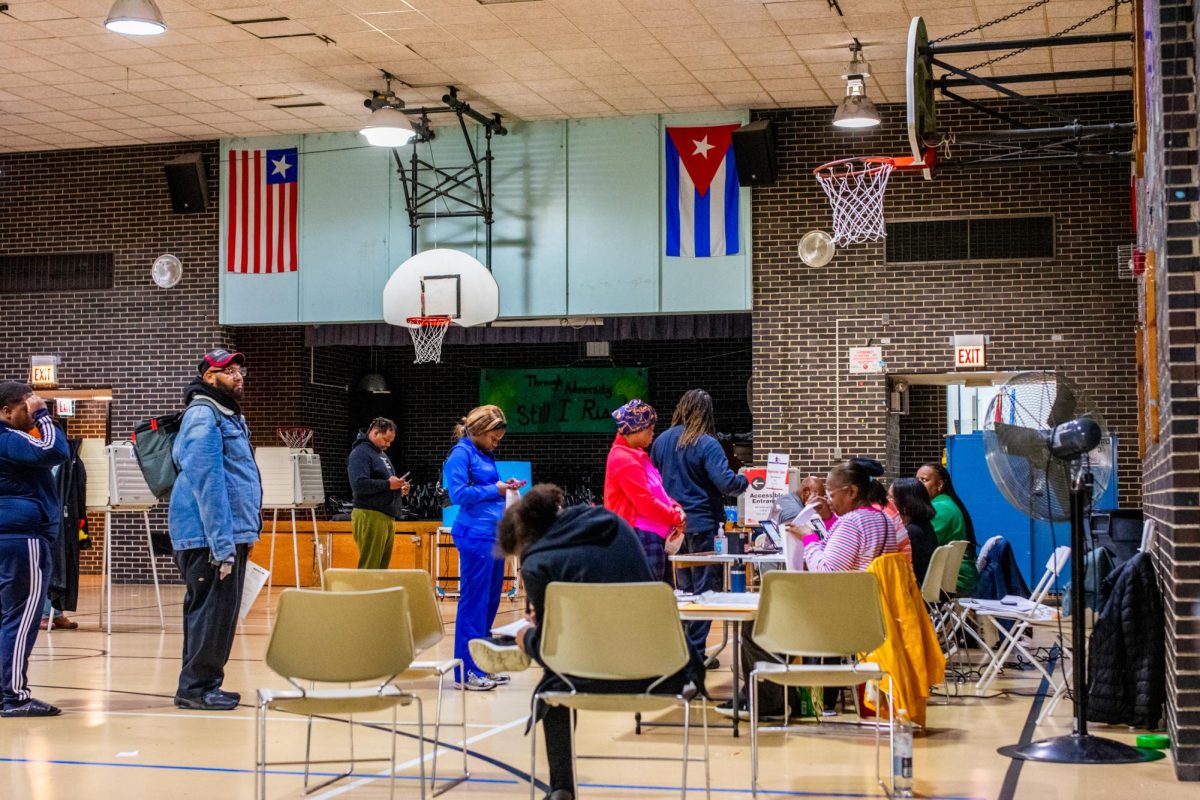At a Las Vegas political rally in June, former President Donald Trump promised that if he returned to the Oval Office, he would end taxes on tips for tipped workers. Shortly after, Vice President Kamala Harris matched Trump’s pledge, telling voters that she would do the same if she won in November.
While the idea that service workers may not have to pay taxes on tips sounds like a good deal, economic experts said it may not be that much help.
According to the United States Department of Labor, a tipped worker is someone who regularly receives more than $30 a month in tips at a job. Tipped workers can include servers, bartenders, hairdressers, ride-hailing service drivers and food delivery workers, depending on how much they earn in tips each month.
It’s not a small group. Yale University’s Budget Lab estimates that tipped workers make up 2.5% of the population with 4 million workers nationwide. They also estimate that tipped workers typically skew on the younger side, with a third being under 25 years old.
That’s exactly the demographic that both Trump and Harris are trying to win over in a tight election.
The Center for Information & Research on Civic Learning and Engagement at Tufts University estimates that more than 40 million members of Generation Z will be eligible to cast a ballot this fall, with eight million aging into the electorate for the first time this cycle. But young people historically have voted in smaller numbers than older Americans.
Columbia sophomore music major Katie Tegethoff, a tipped barista in the Little Italy neighborhood of Chicago, fits that demographic. Tegethoff said she appreciates making tips because it helps her budget her income in a more organized way, using her tips for things she wants and wages for things she needs.
Danny Ivanov, a server and bartender in the Roscoe Village neighborhood, said tips make up around 75% percent of his income, but he doesn’t mind paying taxes on them.
“It sounds nice on a personal level, but… I’m glad I pay my taxes; I’m big on social support programs,” he said. “I’m not a big proponent of ‘this is something that needs to happen.’”
Ivanov said this change may create more chaos in the already ever-changing tipping culture.
“I’d be worried it’s adding even more to the confusion for folks in cities like Chicago and D.C. that are already moving towards a higher tipped minimum wage,” he said. “Customers are already confused about how much they should tip — this might lead them to mistakenly think tipped workers make more money than we actually do.”
While many service and hospitality workers may see this proposal as a monetary lifeline in this economy, experts worry it won’t help them as much as it seems.
Rojhat Avsar, Faculty Senate president and associate professor in the School of Communication and Culture, said it would really only help or impact a small group of tipped workers.
“Whether or not it’s going to help you as an individual depends on how much you’re making a year,” he said, “If your annual income is below that standard deduction… it has no impact.”
37% of tipped workers didn’t make enough money to pay income tax in 2022, compared to only 16% of non-tipped workers. If there was an end to taxes on tips, it would only impact the tipped workers who make enough money to get taxed in the first place.
For those who do have high enough incomes, Avsar said there are other aspects to consider on whether or not this would inevitably benefit them.
“As an economist, you have to think of all the possible reactions that could potentially mutualize the positive effects,” he said. “One reaction that the employers might have is ‘since your tips are not being taxed it’s going to be a boost to your income, which means that I’m going to be willing to pay even less.’”
While there are certain thresholds of how little employers can pay, Avsar said they could be motivated to lower their employees’ pay to the “absolute minimum,” potentially neutralizing the boost the policy change would give.
Avsar said it’s important to consider how this may shift current tipping behavior as another potential caveat. If diners and patrons know that this legal change will put more of their tip into the pockets of their service workers, they may use it as an excuse to leave less on the tip line.
“It could actually lower the percentage that people leave as a tip,” he said. “They think 15% actually gets you more than 15%.”
Meanwhile, Tegethoff said she also has concerns about a change in tipping habits. “It sucks because it’s not the workers’ fault that we have to live off tips,” she said. “I think definitely people already don’t like to tip that much at all, and so if they hear that now the tips aren’t taxed, I think they’ll definitely tip less or not at all.”
So, could an end to taxes on tips help service workers? It depends greatly on income, employer reactions and consumer-tipping behavior. Even if it does benefit tipped workers, Avsar said he worries the impact “may not necessarily be as large as they would expect.”
Economists like Avsar also worried that people who wouldn’t normally be considered tipped workers could start categorizing parts of their income as tips to lower their income tax. This means a lawyer or business consultant could hypothetically call different transactions “tips” to avoid paying taxes on them completely.
“There’s an easy fix there,” he said. “You could certainly tip up to this level or you could put some income limit restrictions: only those who are making less than $50,000 a year, for example, could benefit.”
Aly Owens, a senior dance major at Columbia, works and makes tips at a fast-casual restaurant in the Loop in downtown Chicago. Owens said she appreciated the fact that politicians were at least considering service workers in their campaigns but said the timing of when they are starting to consider them is too convenient. “It kind of makes me think they are trying to get to a certain crowd,” she said, “I just think it’s very interesting that they’re finally trying to do something after years and years.”
“This is the first step I think,” she said. “I definitely think there are a lot of better ways.”
Avsar also said there have to be more beneficial ways to solve the economic struggles for tipped workers at hand. “If you really want to help the working class, I’m sure you can come up with much better, targeted and workable solutions than just eliminating taxes on tips.”
Copy edited by Vanessa Orozco


